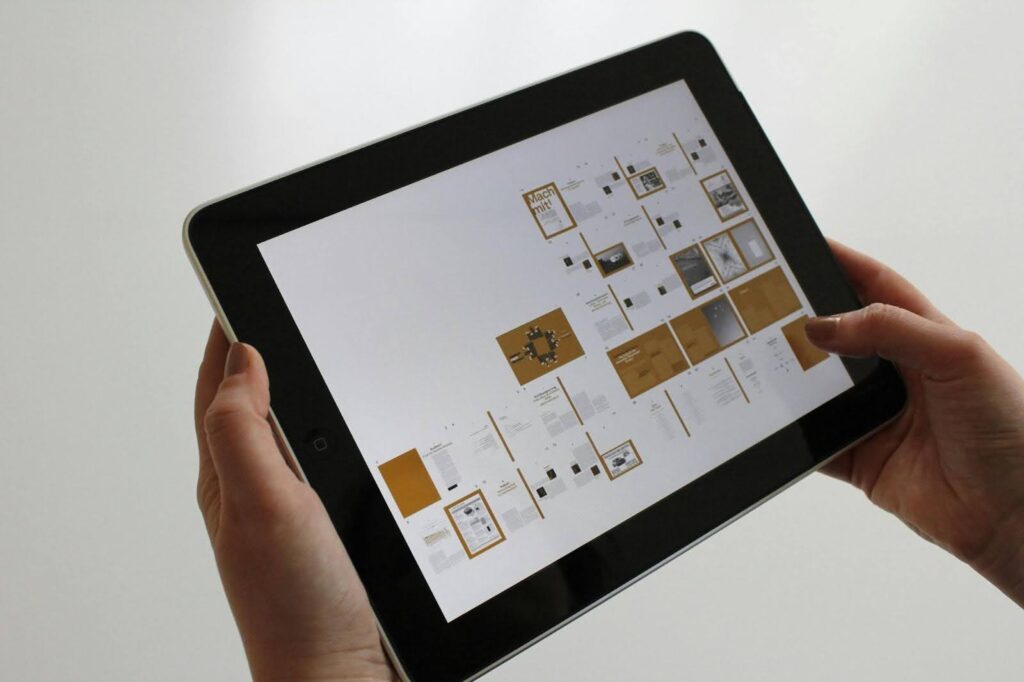IoT in Logistics: What It Is, Applications, and Benefits

As the world becomes more interconnected, the logistics landscape is significantly transforming. Technology has become the backbone of supply chain management, propelling logistics companies into a new era of efficiency and connectivity.
Internet of Things (IoT) is a transformative force reshaping the fabric of logistics and transportation. IoT in logistics isn’t just a trend; it’s rapidly becoming a core component of modern supply chains, enhancing everything from fleet management to customer satisfaction.
In this guide, we will dig deep into the applications, benefits, and future trends of IoT in the logistics sector to ensure you understand how to leverage this technology for improved operational efficiency and customer satisfaction.
What is IoT in Logistics?
IoT in logistics, short for the Internet of Things, represents the integration of physical devices within the logistics and transportation industry network that communicate and exchange data without human intervention.
At its essence, IoT enables devices like sensors, vehicles, and equipment to connect and sync over the internet, creating a more dynamic, responsive, and interconnected logistics environment.
Here are the fundamental components of IoT:
- Sensors: These are the eyes and ears of IoT devices, collecting data such as location, temperature, or speed from the logistic environment.
- Connectivity: IoT devices cannot communicate without robust connections. Connectivity can range from cellular networks to Wi-Fi, enabling real-time data exchange across remote locations and even globally.
- Data Analytics: The data collected by IoT devices is vast. This data is transformed into actionable insights through predictive analytics systems and artificial intelligence, helping optimize routes and predict maintenance needs.
Applications of IoT in Logistics

IoT technology transforms the logistics process, advancing various aspects of operations with its innovative applications. Here are some key areas where IoT makes a significant impact:
- Real-Time Tracking: IoT enables logistics companies to track shipments and assets in real-time, providing up-to-the-minute location data. This capability enhances route management and improves delivery accuracy.
- Inventory Management: With IoT devices such as RFID tags and sensors, companies can automate inventory tracking and management. This technology ensures accurate stock levels and alerts when supplies are low.
- Vehicle Tracking: IoT solutions offer precise tracking of each vehicle in a logistics company by communicating with logistics managers and providing data on location, speed, and route efficiency.
- Predictive Maintenance: By analyzing vehicle data, IoT systems can predict when a vehicle might require maintenance before a breakdown occurs, thereby minimizing downtime.
- Driver Behavior Monitoring: IoT devices can monitor driving patterns and behaviors, providing feedback that can lead to safer driving practices and improved fuel efficiency.
Benefits of IoT in Logistics
Integrating the Internet of Things (IoT) in logistics unlocks numerous strategic advantages. It enhances every aspect of logistics, from real-time tracking to inventory management. Below, we break down the key benefits.
1. Improved Efficiency
IoT devices streamline operations across the supply chain, enabling logistics companies to monitor and manage assets precisely. Enhanced route and delivery process management ensures timely delivery and operational agility.
2. Reduced Operational Costs
With IoT technology, logistics firms significantly cut costs. Real-time data on fuel consumption and vehicle performance help reduce wastage and optimize resource utilization, lowering overall operating costs.
3. Enhanced Customer Satisfaction
IoT solutions boost customer satisfaction by providing transparency and faster service. Real-time location data and predictive analytics ensure customers receive their deliveries on time and in perfect condition, improving trust and reliability.
Challenges and Considerations in Implementing IoT
Let’s discuss the potential challenges and considerations in IoT:
- Integration Complexities: Integrating IoT into existing logistics systems can be daunting. Many logistics companies operate on legacy systems that need to be more readily compatible with the new wave of IoT technologies.
- Data Security Concerns: As IoT devices proliferate within the logistics industry, so too do the risks associated with data security. The vast amount of relevant data collected and transmitted across networks can attract cyber threats, potentially compromising sensitive information.
- Investment Costs: Implementing IoT solutions in logistics can be expensive, considering the need for purchasing hardware, upgrading software, and training staff. For many logistics companies, particularly small to medium-sized enterprises, these costs can be prohibitive.
- Remote Location Challenges: Implementing IoT in remote locations presents its own challenges, primarily related to connectivity issues. Logistics operations across distant and varied geographies need reliable communication systems to benefit from IoT technologies.
The Future of IoT in Logistics
The Internet of Things (IoT) continues to evolve, bringing transformative changes to the logistics industry. As we look to the future, several emerging technologies and innovations are likely to shape the trajectory of IoT in logistics:
- 5G and Low-Latency Networks: The deployment of 5G technology is expected to significantly enhance IoT functionality in logistics by providing faster, more reliable internet connections. This will enable more efficient real-time data transmission.
- Augmented Reality (AR): AR is set to play a pivotal role in the logistics sector, providing workers with real-time, on-the-job information through AR glasses or mobile devices.
- Autonomous Vehicles and Drones: IoT advancements are driving the increase in the use of drones and autonomous vehicles for delivery. These technologies will streamline delivery processes, especially in urban areas, reducing costs and improving delivery times.
- Blockchain Technology: Integrating blockchain with IoT could revolutionize data management in logistics by creating a more transparent, secure ledger for transactions and tracking.
- Smart Warehouses: IoT is expected to be increasingly used in developing smart warehouses that utilize data from IoT sensors to automate and optimize operations, from inventory placement to energy management.
Getting Started with IoT in Your Logistics Operations
Adopting IoT technology in logistics can seem daunting, but the right approach can significantly enhance efficiency and streamline operations.
Here’s a guide for logistics and supply chain professionals on how to get started with IoT technology effectively.
- Identify Key Areas: Identify areas within your operations where IoT can have the most immediate impact, such as inventory management or fleet management.
- Pilot Projects: Implement pilot projects that focus on these areas. This allows you to see the tangible benefits of IoT without overhauling your entire system.
- Expertise in Logistics: Partner with technology providers who have proven expertise in the logistics industry and understand the complexities of your specific logistics processes.
- Support and Scalability: Ensure that the partner offers robust support and scalable solutions that can grow with your business.
- Modular Systems: Invest in modular IoT solutions that can be easily expanded or modified as your business needs change.
- Integration Capabilities: Choose solutions that can seamlessly integrate with your existing IT infrastructure to avoid data silos.
- Comprehensive Strategy: Develop a comprehensive IoT strategy that includes objectives, expected outcomes, and metrics for success.
- Secure Data Practices: Implement robust data security practices, including encryption and secure data storage, to protect sensitive information collected through IoT devices.
Conclusion
In exploring the Internet of Things (IoT) in logistics, we’ve delved into how this transformative technology revolutionizes the logistics industry. From enhancing fleet management and inventory management to optimizing the entire supply chain process, IoT offers many benefits that streamline operations and boost efficiency.
The integration of IoT solutions allows logistics companies to collect data, monitor delivery processes, and maintain predictive maintenance with unprecedented accuracy and efficiency. As IoT continues to evolve, its role in the transportation and logistics industry becomes increasingly critical.
By understanding the potential and capabilities of IoT, as outlined in this article, you are now equipped to make informed decisions that can profoundly impact the efficiency and success of your logistics operations.
